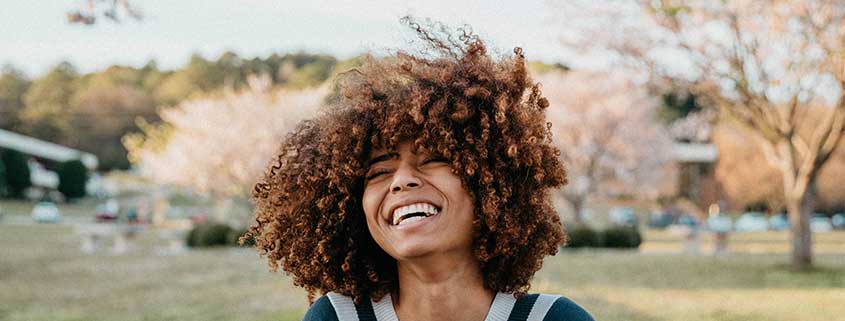Foods To Eat For Healthy Hair
Do you crave beautiful, strong hair? Hair and skin are great markers of overall health. Vibrant hair depends on a balanced diet. Healthy hair depends on the body’s ability to construct a proper hair shaft, as well as the health of the skin and follicles. Eating Food For Healthy Hair daily and good nutrition assures the best environment for building strong, lustrous hair.
But note that other factors like smoking, hormonal imbalances, and not enough sleep can also affect how your hair looks and feels. Live a healthy lifestyle today. Eat a balanced, varied, protein-rich diet that focuses on the following foods and vitamins listed below, and you will be giving your hair the love it deserves.
• Eat foods rich in Omega 3 fatty acids and eat fish like salmon
Omega-3s are found in cell membranes in the skin of your scalp, and in the natural oils that keep your scalp and hair hydrated. If you do not prefer salmon, you can also get essential fatty acids from fish like herring, sardines, trout, and mackerel, as well as other non-fish foods like avocado, pumpkin seeds, and walnuts.
• Biotin
Biotin is a B vitamin essential for hair growth and overall scalp health. Because our bodies make their own biotin in the intestines, and it is plentiful in many common foods, deficiency is very rare. You don’t need to take supplements of biotin. Eat a balanced diet that includes some high biotin foods.
BEST FOODS FOR BIOTIN: Eggs, peanuts and peanut butter, almonds and almond butter, wheat bran, walnuts, Swiss chard, whole wheat bread, wild salmon (fresh, canned), cheese (fat-free, reduced-fat), cauliflower, avocadoes, raspberries
• Eat foods rich in Zinc like oysters
The mineral zinc is involved in tissue growth and repair, including hair growth. It also helps keep the oil glands around your hair follicles working properly. Low levels of zinc can cause hair loss, slow growth, and dandruff. The amount you get from eating foods rich in zinc is plenty to keep your hair beautiful.
FOODS with ZINC: Oysters, lobster, lean beef, crab, ostrich, wheat germ, skinless chicken or turkey (especially dark meat), lean lamb, clams, mussels, pumpkin seeds, yogurt (fat-free, low-fat), pork tenderloin, starchy beans (such as black, navy, pinto, garbanzo, kidney), lentils, black-eyed peas, soybeans (edamame), lima beans, pine nuts, cashews, peanuts and peanut butter, sunflower seeds and butter, pecans
• Eat sweet potatoes with Beta Carotene
Beta carotene in foods is converted to vitamin A in the body, and vitamin A is necessary for all cell growth, including hair cells. A deficiency can lead to dry, dull, lifeless hair, and dry skin, which can flake off into dandruff.
FOODS With BETA CAROTENE: Sweet potatoes, carrots, cantaloupe, kale, butternut squash, turnip greens, pumpkin, mustard greens, cantaloupe, red peppers, apricots, Chinese cabbage, spinach, lettuce (romaine, green leaf, red leaf, butterhead), collard greens, Swiss chard, watercress, grapefruit, watermelon, cherries, mangos, tomatoes, guava, asparagus, red cabbage
• Vitamin C
Vitamin C helps the body use non-heme iron — the type found in vegetables — to assure that there is enough iron in red blood cells to carry oxygen to hair follicles. Vitamin C is also used to form collagen, a structural fiber that helps our bodies. Hair follicles, blood vessels, and skin all require collagen to stay healthy for optimal growth. Too little C in your diet can lead to hair breakage.
FOODS with VITAMIN C: Guava, bell peppers (all colors), oranges and orange juice, grapefruit and grapefruit juice, strawberries, pineapple, kohlrabi, papaya, lemons and lemon juice, broccoli, kale, Brussels sprouts, kidney beans, kiwi, cantaloupe, cauliflower, cabbage (all varieties), mangoes, white potatoes, mustard greens, tomatoes, sugar snap peas, snow peas, clementines, rutabagas, turnip greens, raspberries, blackberries, blueberries, watermelon, tangerines, okra, lychees, summer squash, persimmons
• Eat protein foods like poultry
Because hair is nearly all protein, foods rich in protein are giving you the building blocks for hair. Protein is necessary for all cell growth, including hair cells. Hair gets its structure keratin, and without enough protein for keratin, your strands will weaken and grow more slowly. Second, the iron found in meat (called heme iron) is more easily absorbed by the body than the iron in plant foods (non-heme iron).
FOODS FOR IRON-RICH PROTEIN: Clams, oysters, lean beef and lamb, skinless chicken and turkey (especially dark meat), pork tenderloin, shrimp, egg yolks
IRON–RICH PROTEIN (vegetarian sources): Tofu, tempeh, soybeans (edamame), lentils, starchy beans (such as black, navy, pinto, garbanzo, kidney), black-eyed peas
IRON–RICH VEGETABLES (low in protein, but offer iron): Spinach, seaweed, Swiss chard, asparagus, Brussels sprouts, mustard greens, kale, broccoli
• Do not forget your B Vitamins: Folate, B6, and B12
These vitamins are involved in the creation of red blood cells, which carry oxygen and nutrients to all body cells, including those of the scalp, follicles, and growing hair. Without enough B vitamins, these cells can starve, causing shedding, slow growth, or weak hair that is prone to breaking. Some food examples include beans and lentils, barley and brown rice, fish, dairy products, eggs, and green vegetables like broccoli and spinach.






